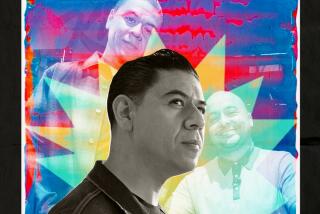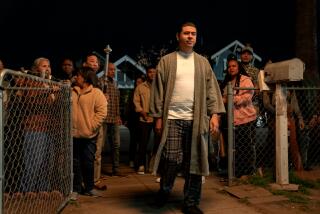Readers react: A bittersweet farewell to Larry Wilmore’s ‘The Nightly Show’
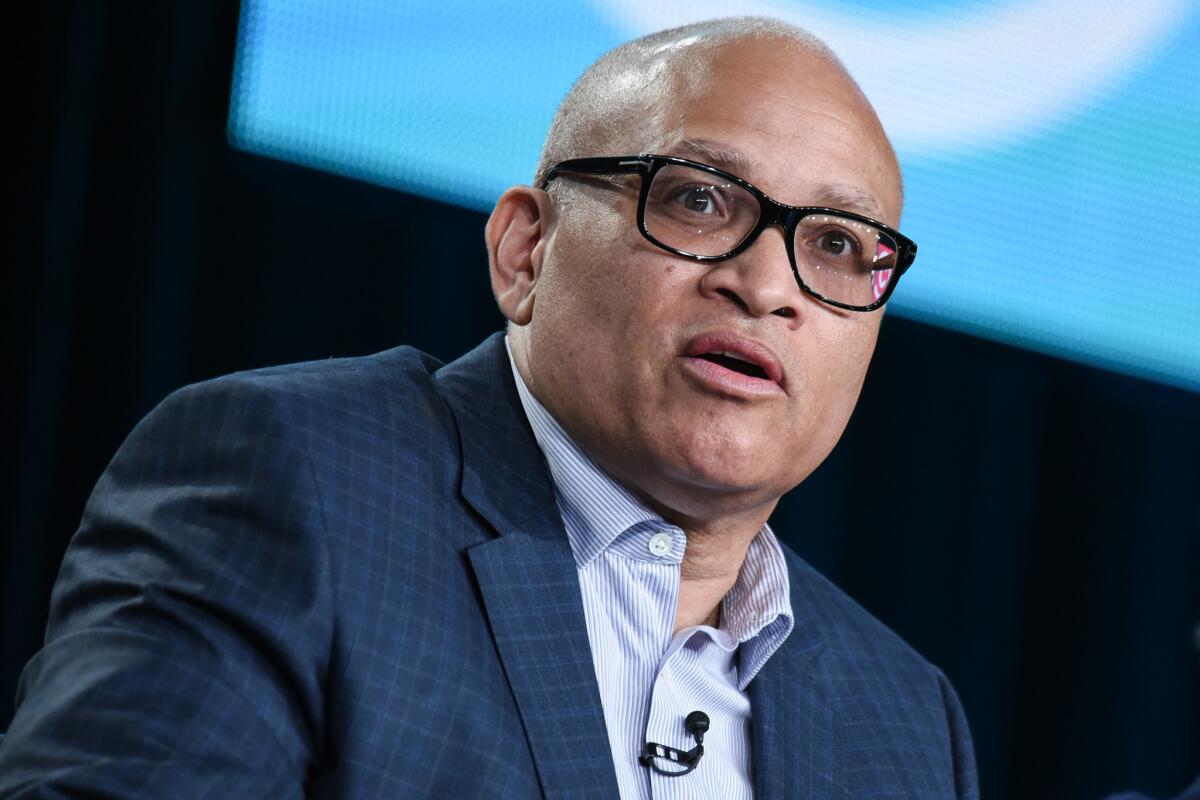
Good night to a good show
My favorite show canceled? [“Nightly Show’ Host to Bid Farewell,” Aug. 18] I knew it was too truthful to be on TV.
Catalina Garcia
Van Nuys
::
Larry Wilmore’s commentary was spot on, and the round-table had articulate discussions even when you were laughing at what was being said. More important, a lot of stereotypes were dissolved during these discussions. Who knew rappers were intelligent, thoughtful people, up on current events? Comedy Central should have stuck it out. An important voice was lost.
Tony Schaffer
Los Angeles
::
Thank you for an intelligent and sympathetic review (and obituary) of the only show I still watch regularly on Comedy Central. I love to hear Wilmore’s comedic twists on political happenings. They make me laugh at things that otherwise would make me cry. For me, a white woman, experiencing the African American point of view is an extra plus.
Katherine King
Venice
::
My personal favorite? Grace Parra’s over-amped Nightly Nightly reporter, whose indefatigably dazzling smile and innuendo-tainted observations betrayed her role as all-too-eager shill for the Hollywood hype machine.
William P. Bekkala
West Hollywood
::
My DVR records the shows and give a refreshing perspective to the stressful daily news flood. It is so sad that he doesn’t have the respect of the producers and bill payers. I am actually crying right now. Common sense has been dumped again.
Sally Cook
Camarillo
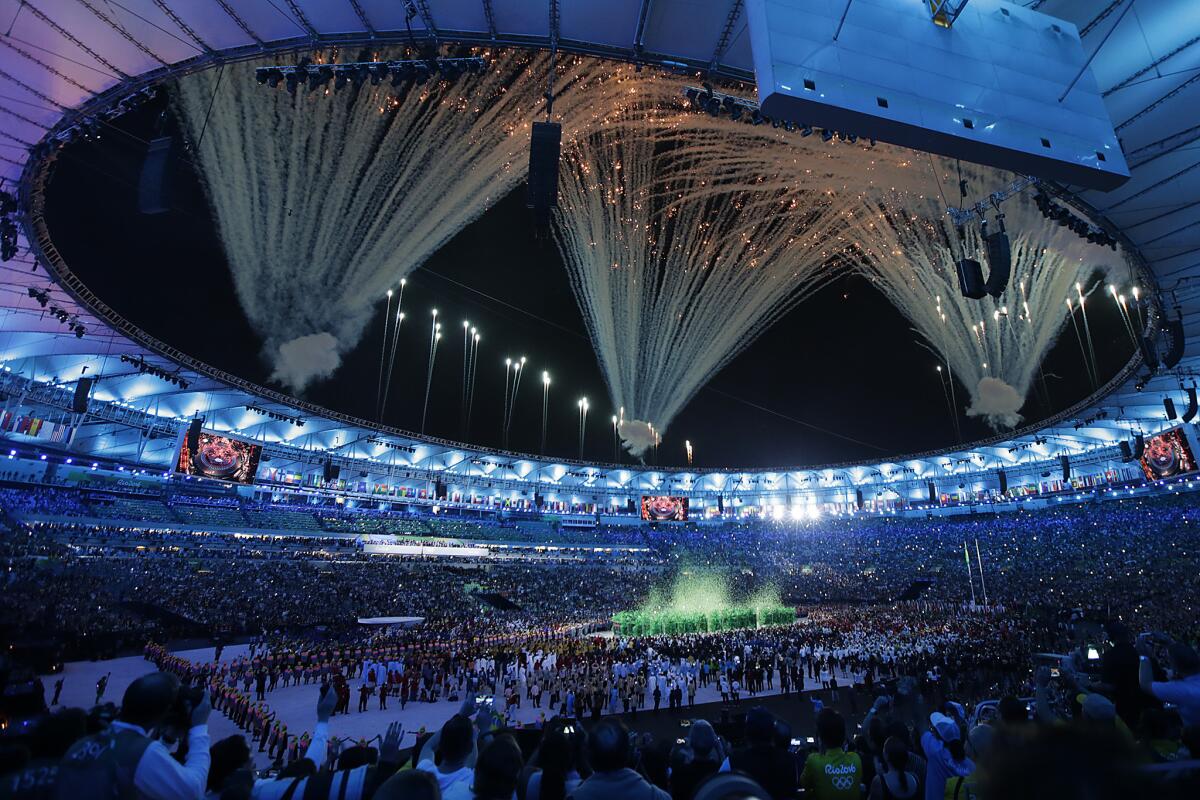
Just allow Brazil to be Brazil
Thank you for the article on the opening ceremony [“Rio 2016: Why Opening Ceremony Matters,” Aug. 8]. I’m a Brazilian citizen living in the U.S. for the last 16 years, and I’m currently working through a lot of shame and anger not only around what my home country could have done better but also on how it keeps getting described in an excessively negative light.
There is so much that I appreciated in your article, but your references to colonialism and how Brazil has been viewed as a “refractory adolescent” touched on something that I wish was more often acknowledged. Brazil has many problems, many of them that we (Brazilians) created, but as you mentioned, the country is not just a list of unfixable problems. And, hey, nobody was assaulted by a huge crowd of muggers, drug lords, kidnappers, attacked by disease-carrying mosquitoes or killed by bits of flesh-eating raw sewage.
André Zandona
San Francisco
Come on, baby, light the ’60s
Regarding “Feedback: When the Doors Swung Open to ’60s” [Aug. 21]. Robert Chapman has made a good point. From now on when I mouth off about the ’60s, I’ll say they were from ’64 to ’67.
John Densmore
Los Angeles
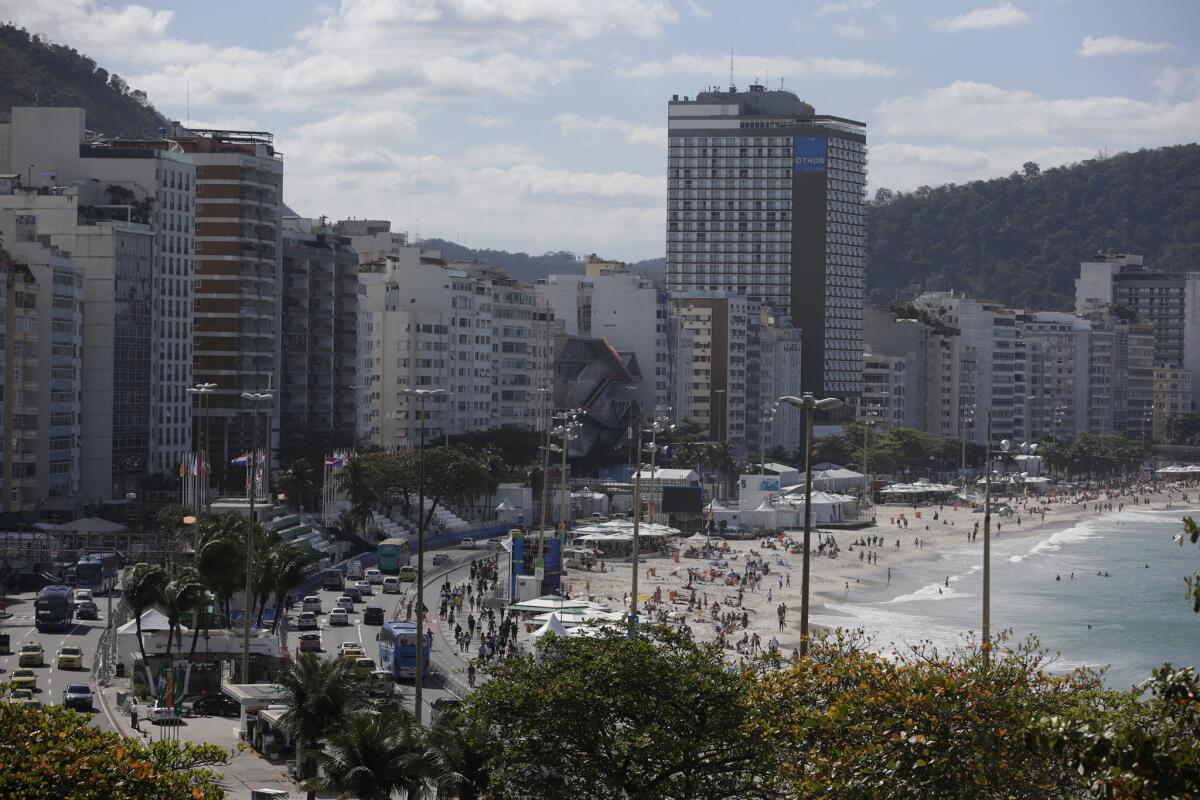
Appreciation of a Brazilian architect
Delighted to see Roberto Burle Marx celebrated [“Landscape Architect Roberto Burle Marx Emerges as a Minor Star of the Olympic Games,” Aug. 13]. His legacy among landscape architects is great. Thanks for spreading his legacy to a wider audience.
Stephanie Landregan
Los Angeles
House is a key to understanding
Regarding “An Inglorious End to a Celebrated House?” [Aug. 17]. I have long appreciated Christopher Hawthorne’s insightful, contextualizing commentary on Los Angeles architecture. So again in his piece on Tomas Mann’s house, which is up for sale but considered pretty much a tear-down. Hawthorne sees it as another example of the fragility of L.A.’s cultural heritage, in this case, its architectural history. There is a word in German for such a lack of a sense of history, “Geschichtsvergessenheit,” “historical obliviousness.”
Mann was German, of course, but it was in the U.S. , Princeton first, and then L.A., where he could record his weekly broadcasts to Germany, reminding the world in those dark years that there still was another Germany. To keep this history alive by saving Mann’s house would honor both a great writer and the city of Los Angeles itself.
Hans J. Rindisbacher
Claremont
::
The key to understanding any proposal to turn Thomas Mann’s old house into a museum, is that people don’t want to spend their money on house museums. That’s why house museums don’t have enough customers to pay the bills and have to ask for donations, volunteers and government money.
Sharon Gehl
San Diego
More to Read
The biggest entertainment stories
Get our big stories about Hollywood, film, television, music, arts, culture and more right in your inbox as soon as they publish.
You may occasionally receive promotional content from the Los Angeles Times.

